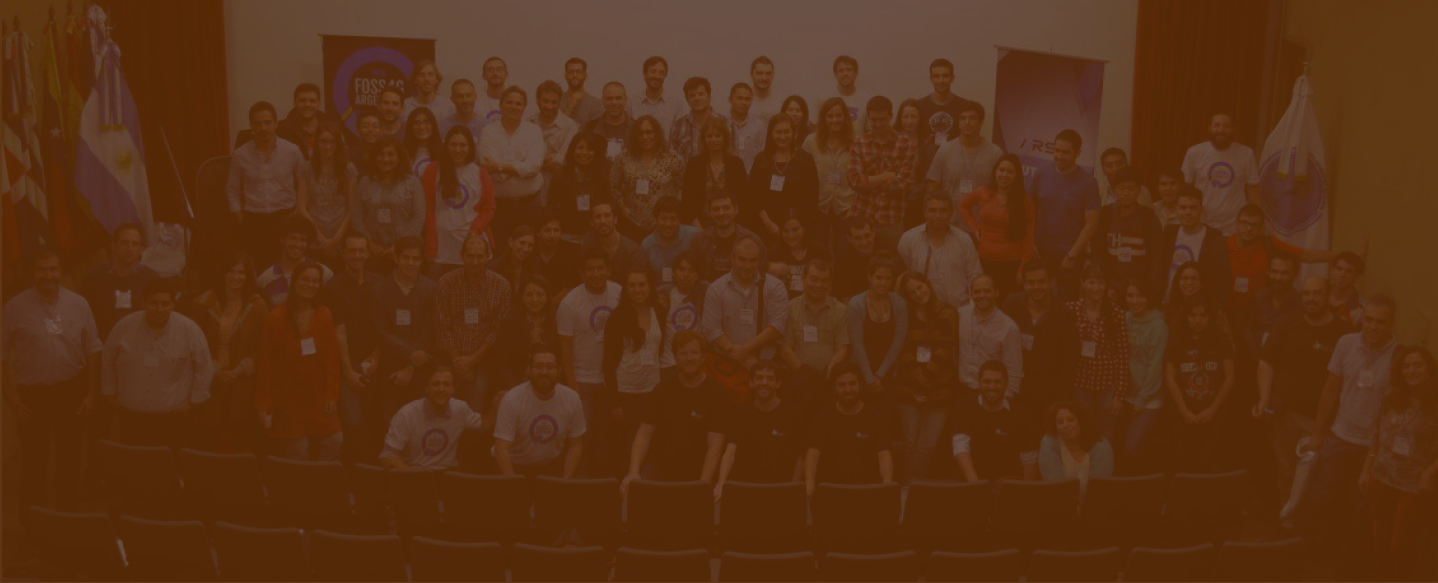2021-10-01, 14:00–14:30, Salta
A common approach used to map soundscapes is through quantitative methods, such as using a
survey-grade sound meter. However, these methods have been deemed insufficient in interpreting
and identifying the complexity of soundscapes. To deal with this problem, the authors
incorporated a method that uses participatory data collection to record the quantitative
measurements such as sound level. The perceived level of annoyance (PLA) of the sound based on
the individual's perspective was also used through this research. An open-source crowdsourcing
sound map is created where users can upload sound recordings, images, and feedback related to
the soundscape of that particular location. The study area is in Metro Manila.
I will present how we utilized OpenStreetMap data and free and open-source software (FOSS) for participatory data collection and data visualization for this project. (Github page: http://bit.ly/manilaud)
It will be a walkthrough on how the project was done, how the interactive mapping platform is used, and how to submit and listen to the soundscapes in the platform. (Platform: http://bit.ly/manilaudday or http://bit.ly/manilaudnight)
Link to the presentation slides: https://slides.com/sandratabinas/audible-maps-mental-health-awhereness-hear-here-2-0-and-how-sound-and-maps-can-show-that-we-care-1f5cbd/fullscreen
Tabinas, Sandra (1)
Quisado, Kenneth (2)
Templonuevo, Jewel (3)
(1) University of the Philippines, Department of Geomatics Engineering
Use cases & applications
Topic –Data visualization: spatial analysis, manipulation and visualization
Level –1 - Principiants. No required specific knowledge is needed.
Language of the Presentation –English
Licensed Environmental Planner and Tableau Desktop Specialist, MS Geomatics Engineering student, and geospatial scientist.
Also an OpenStreetMap volunteer and founder of Mental Health AWHEREness which aims to promote awareness by mapping mental health services to encourage people to seek help without telling others until they are ready to do so.

